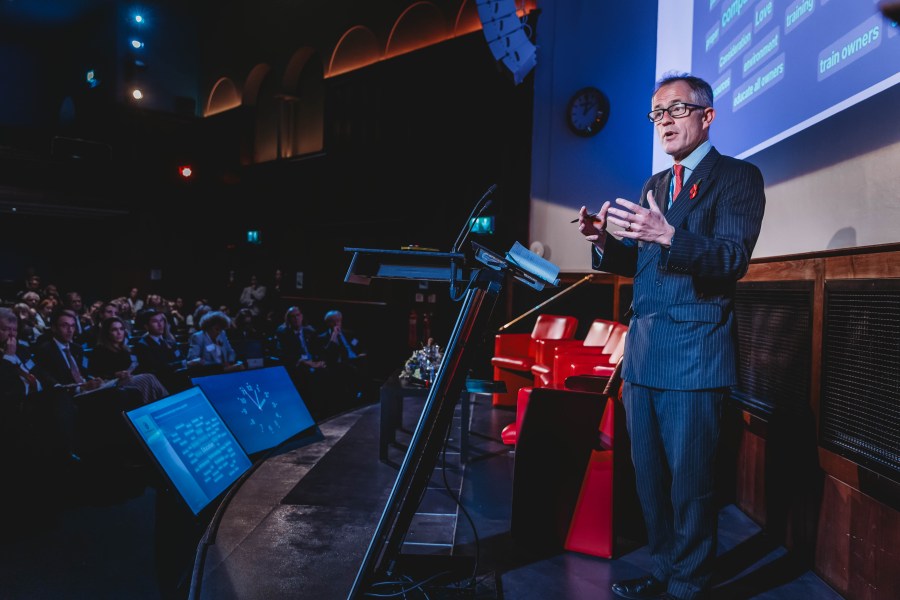More than 750 delegates attended World Horse Welfare’s annual conference earlier this month which discussed what horses need to have a ‘good life’.
The one-day event took place online and in person at the Royal Geographic Society in London and welcomed industry experts, renowned researchers and leading equestrians from across the world for a series of discussion and panel talks on that aspect of horse health.
“How we have provided good welfare has always been a journey informed by our experience and our evolving understanding,” said chief executive Roly Owers in his opening speech.
“Over the past decade and more, this understanding has been turbocharged by mounting scientific evidence of what makes animals, including horses, tick. Only if a horse feels content in themself, from their own individual perspective, can their welfare be good.”
“As we now know, depriving our horses of the three Fs – freedom, forage and friends – is depriving them of a good life. However, is this synonymous with how normalised certain attitudes and practices are in the horse world?”
Important learnings
One of the key takeaways from the conference was that everyone involved in horses has a part to play in ensuring horses have a good life.
The main themes included the fact that shortcomings must be accepted and changes made rather than ‘finger pointing’ and the need for a better understanding of horses through research and education.
“Most people and animals go through life with a mix of positive and negative experiences,” said Professor Natalie Waran, director of the Good Life for Animals Centre in New Zealand, and former chair of the Independent Equine Ethics and Wellbeing Commission for the FEI.
“So, for a ‘good life’, what we are looking for is a life where those negative experiences are minimised and the experiences across all contexts of an animal’s life tend to be mainly positive. And that we work hard to ensure that, that is the case.”
The conference ended with a lively Q&A which featured Battersea Dogs and Cats Home chief executive Peter Laurie, racehorse trainer Lucinda Russell, the Household Cavalry’s regimental veterinary officer, Major Dan McRink and the British Equestrian Veterinary Association’s veterinary projects officer Lucy Grieve. The Q&A was chaired by Sky News and Sports Editor, Nick Powell.
For more information and to watch sessions from the conference click here.









